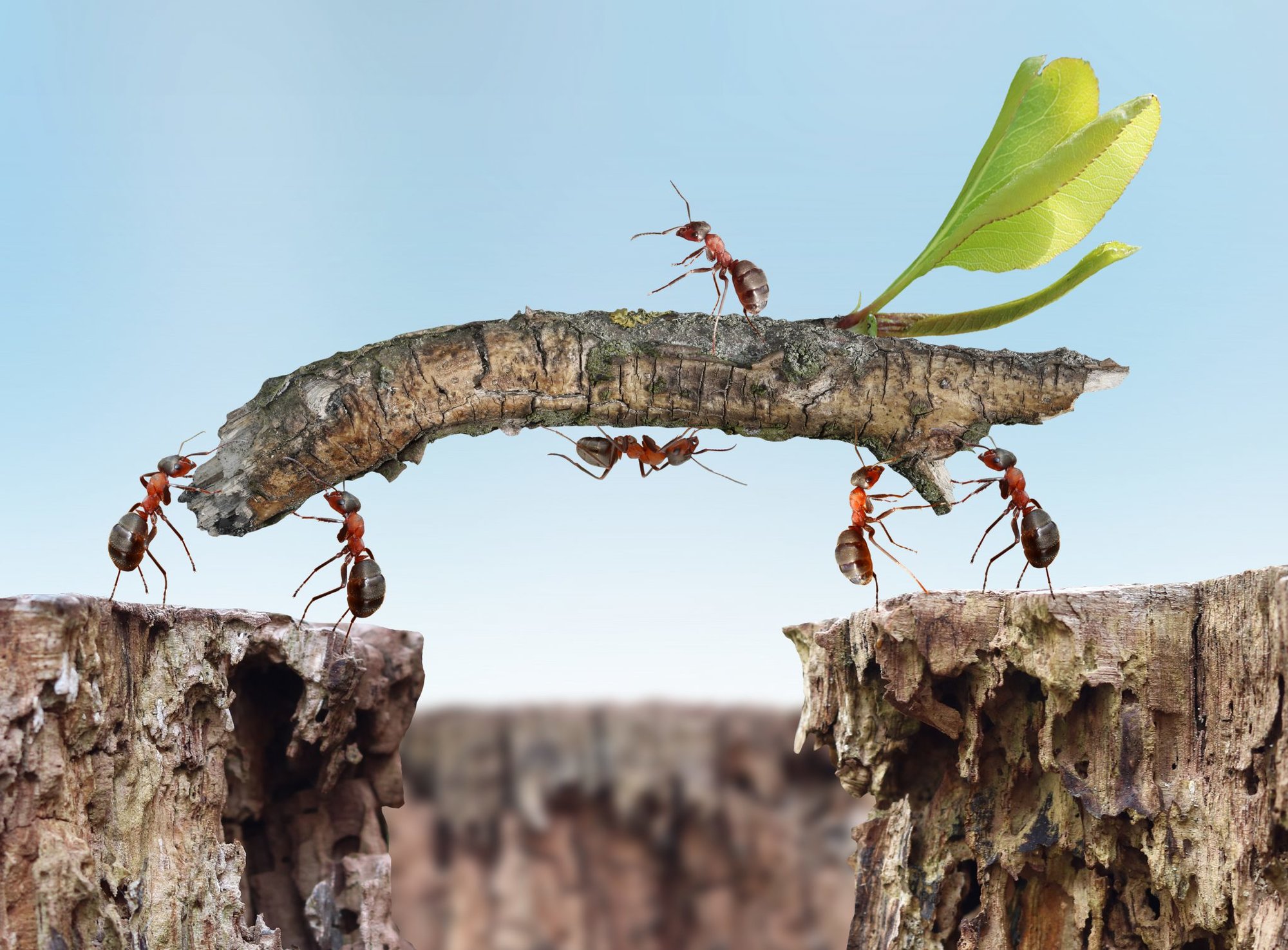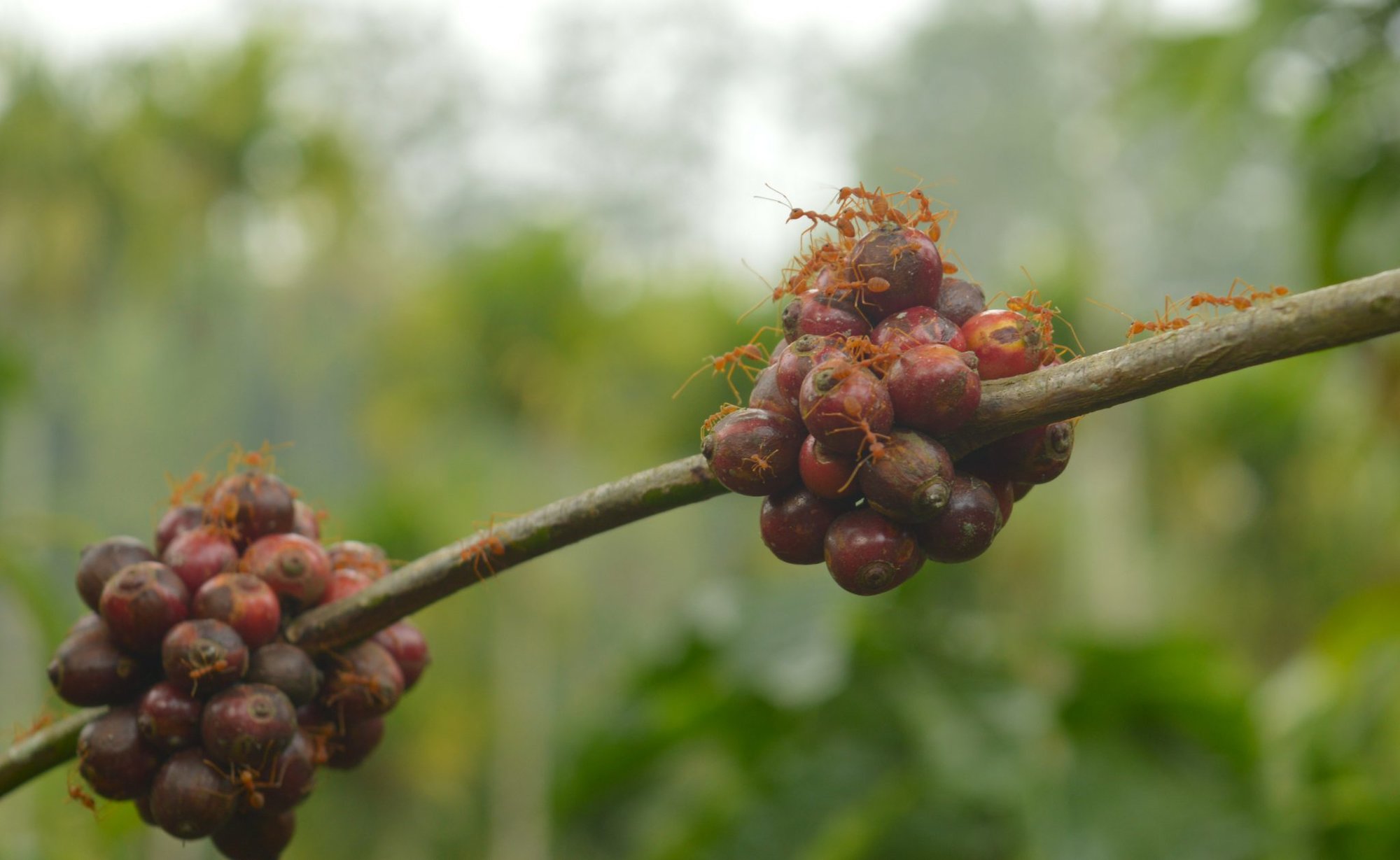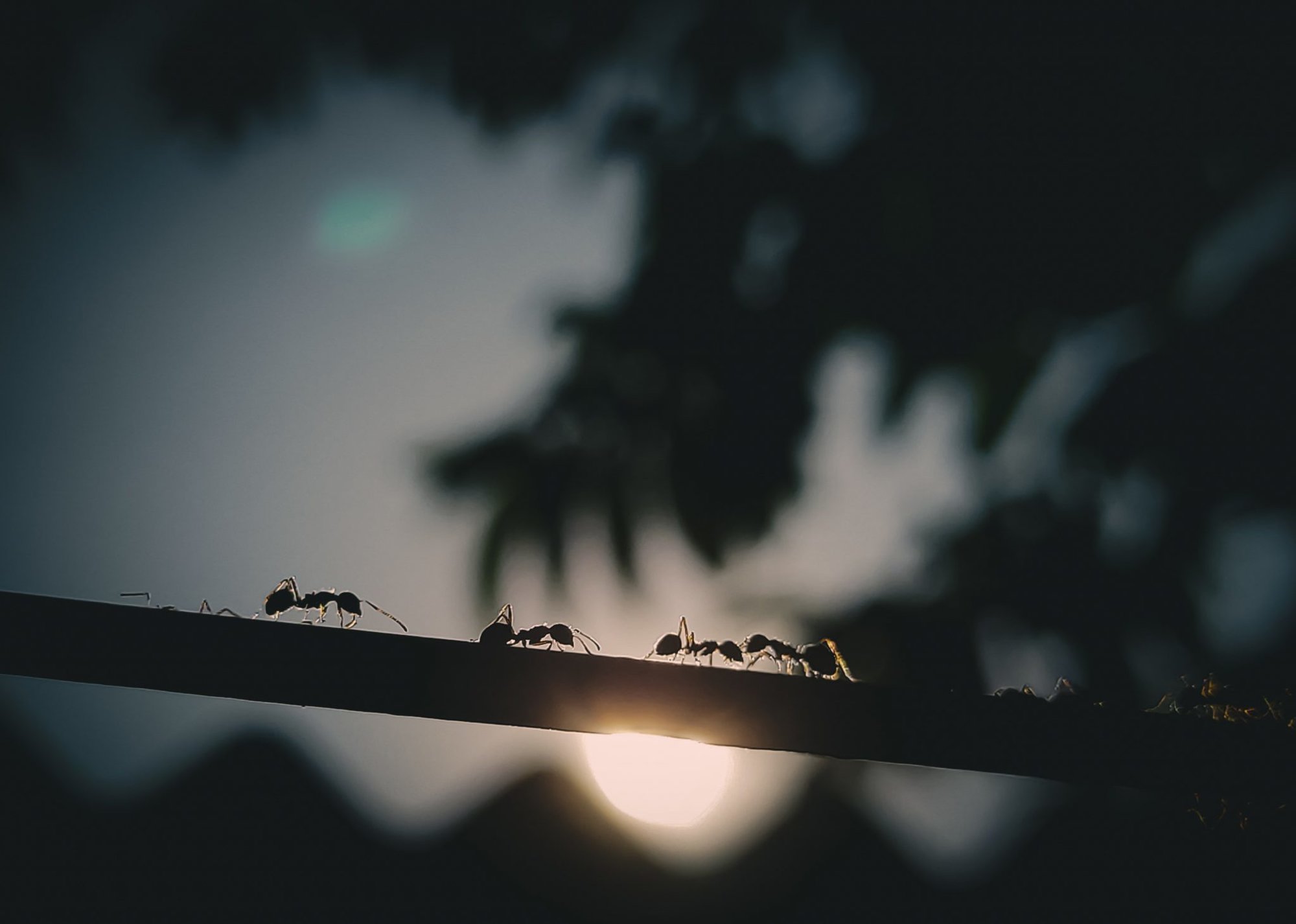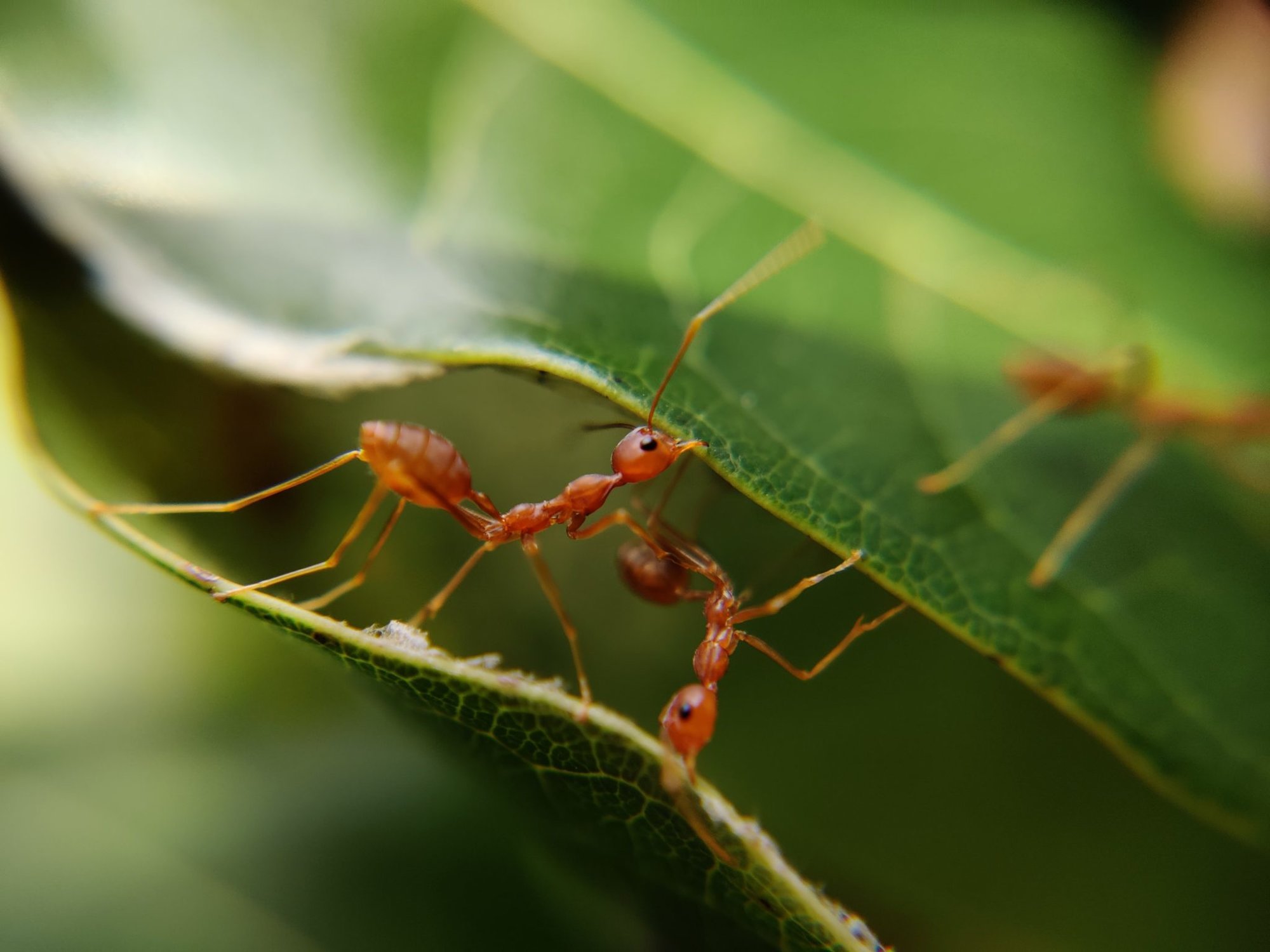
Adobe Stock photo by iloyd.
An old wives’ tale says that sprinkling coffee grounds around your homes and plants will help keep the ants away. Not only is that wrong, but it also might even attract some ants who are looking to build their own kind of coffee farms.
While scientists were taking to the trees in Fiji to observe ants farming on their own, a Brazilian coffee farmer who was trying organic farming discovered it by accident.
Since the dawn of agriculture and before mechanization, animals have been an essential part of growing crops. Coffee cultivation was no different. Though many coffee farms and plantations have adopted mechanized means of harvesting, some animals have slowly made their way back into the process, producing some of the most expensive coffee on the planet.

It’s not so much that coffee growers are using animals to grow their beans; it’s how the animals are being used in the final product.
Jungle-dwelling cats called civets have been cultivating beans in the Pacific Islands for years. They have been joined by Jacu birds in Brazil and by rescued elephants in Thailand. These novel means of collecting beans have sparked interest from coffee drinkers because they add an interesting step in the process: digestion.
Coffee beans are found in the center of the coffee berry, a fruit that grows on the coffee plant. Civets, birds, and elephants eat the fruits and excrete the bean, leaving it whole and ready to be cleaned and roasted. Adherents of the pre-digested beans say they produce some of the world’s smoothest brews and are ready to pay handsomely for it.

In Brazil, another member of the animal kingdom has joined farmers in collecting beans: ants. When one coffee farmer in Sao Paulo stopped using pesticides on his coffee farm, long-forgotten insects began to reappear among his coffee plants. Chief among them were ants, and he soon noticed that the insects were taking the coffee fruits and leaving the beans discarded on the ground.
Rather than start killing the pests with chemicals again, he took a closer look. The ants were so resurgent because of the coffee berries. They took the berries to their nests and fed their young with them, leaving the coffee bean behind. Like any enterprising coffee grower, he collected the disused beans, then cleaned and roasted them.
Like the digestive enzymes of civets and elephants, the way ants harvest and use the coffee fruit might change the way the coffee tastes. Civet and elephant coffee has been shown to be less acidic than regular coffee because of those enzymes. The acidity of the “ant coffee” was also changed, and tasters said it was sweeter, with notes of jasmine.
It would be difficult to imagine a more organic method of cultivating coffee than allowing ants to harvest them and remove the beans from the fruit. And it turns out that the symbiotic relationship between ants and coffee plants has been studied for more than a century, dating back to 1880.

Contrary to the old wives’ tales of coffee grounds preventing an ant infestation, ants are particularly attracted to the plants in the coffee tree family. They have been known to take the beans from the berries and replant the seed or insert them into the cracks of other trees to increase the spread of the coffee plants and, thus, their food supply.
Some ants, scientists found, will even cultivate and defend their own coffee plantations. They will fertilize and keep watch over seeds and seedlings, eventually using the cultivated plant as a new home after three to five months of growth.
These types of ants and the coffee trees they grow are estimated to be 3 million years old, meaning they have been in a symbiotic relationship for most of their existence.
Ant-cultivated, human-roasted coffee is little more than a novelty at the moment because of the small amount anthills are able to produce. The idea of an army of ants doing all the cultivating work while humans just do the collecting, roasting, and brewing is worth waiting just a little bit longer for.
Read Next:

Blake Stilwell is a traveler and writer with degrees in design, television & film, journalism, public relations, international relations, and business administration. He is a former US Air Force combat photographer with experience covering politics, entertainment, development, nonprofit, military, and government. His work can be found at We Are The Mighty, Business Insider, Fox News, ABC News, NBC, HBO, and the White House.
BRCC and Bad Moon Print Press team up for an exclusive, limited-edition T-shirt design!
BRCC partners with Team Room Design for an exclusive T-shirt release!
Thirty Seconds Out has partnered with BRCC for an exclusive shirt design invoking the God of Winter.
Lucas O'Hara of Grizzly Forge has teamed up with BRCC for a badass, exclusive Shirt Club T-shirt design featuring his most popular knife and tiomahawk.
Coffee or Die sits down with one of the graphic designers behind Black Rifle Coffee's signature look and vibe.
Biden will award the Medal of Honor to a Vietnam War Army helicopter pilot who risked his life to save a reconnaissance team from almost certain death.
Ever wonder how much Jack Mandaville would f*ck sh*t up if he went back in time? The American Revolution didn't even see him coming.
A nearly 200-year-old West Point time capsule that at first appeared to yield little more than dust contains hidden treasure, the US Military Academy said.












